Climate Change Has Upended Kenya’s Agricultural Economy
As the region faces unprecedented flooding, farmers are struggling to make ends meet.
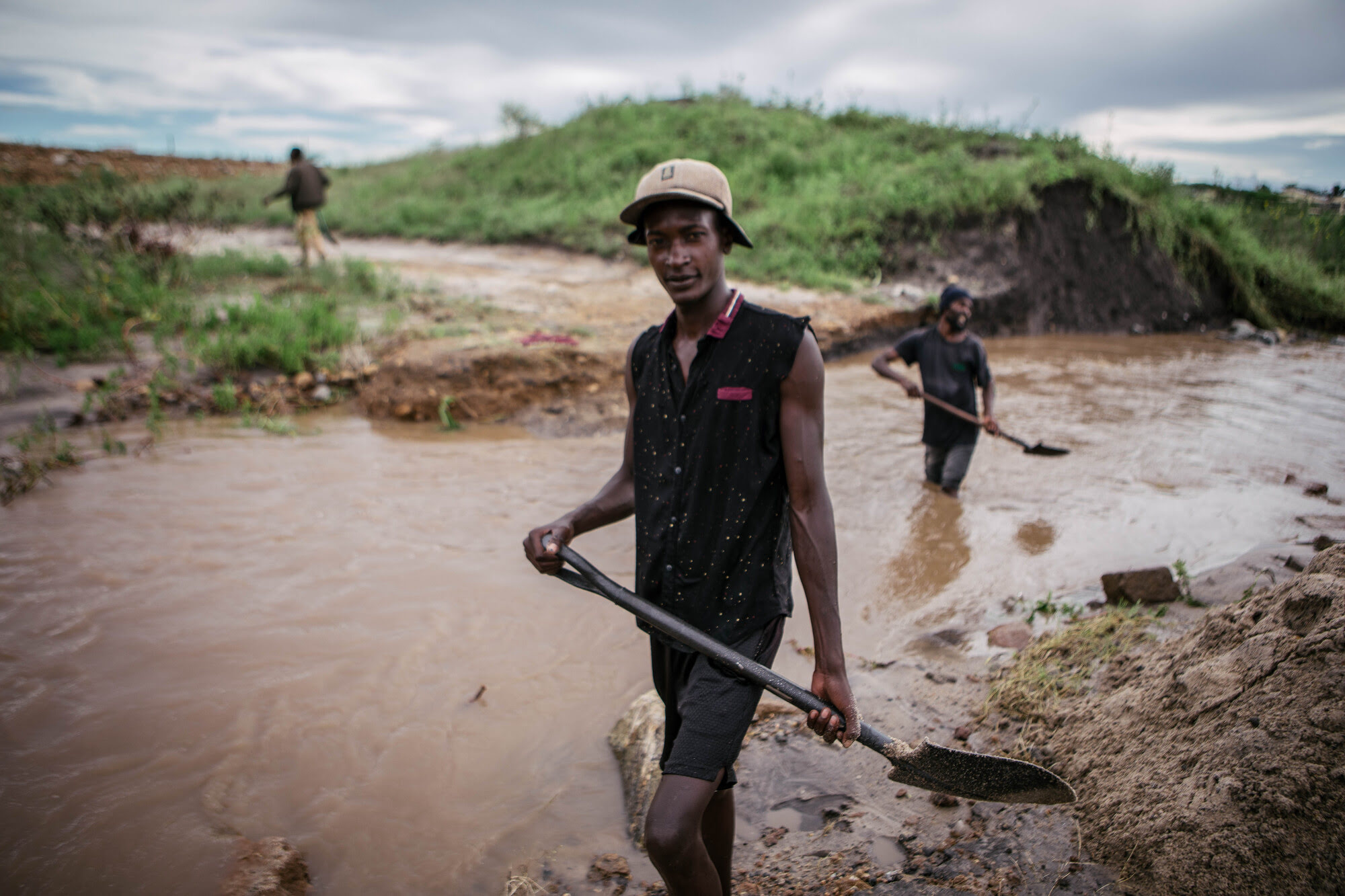
Every year, it’s typical in East Africa for the autumn to come with a short rainy season from October to December. But the rain in this region has gotten progressively worse, with last season’s downpour displacing more than half a million people and killing at least 174 people. This year, the UN says that 210 people have died in Kenya because of the catastrophic flooding.
Researchers found that the heavy and tumultuous rainfall in 2023 was about two times what it would have been without human-caused climate change. While a natural climate cycle known as the Indian Ocean Dipole has also contributed to the uptick in rainfall, scientists from the World Weather Attribution say the extreme flooding is the result of man-made environmental neglect.

On top of killing hundreds and displacing thousands, the extreme weather in Eastern Africa has also been particularly cataclysmic for those who rely on agricultural work to make ends meet.
“Since October last year ‘til now, there’s [been] no farming work,” says Elkana Wanyama. Along with nine of their children, Elkana and his wife Rose live hand to mouth, depending mostly on casual labor.
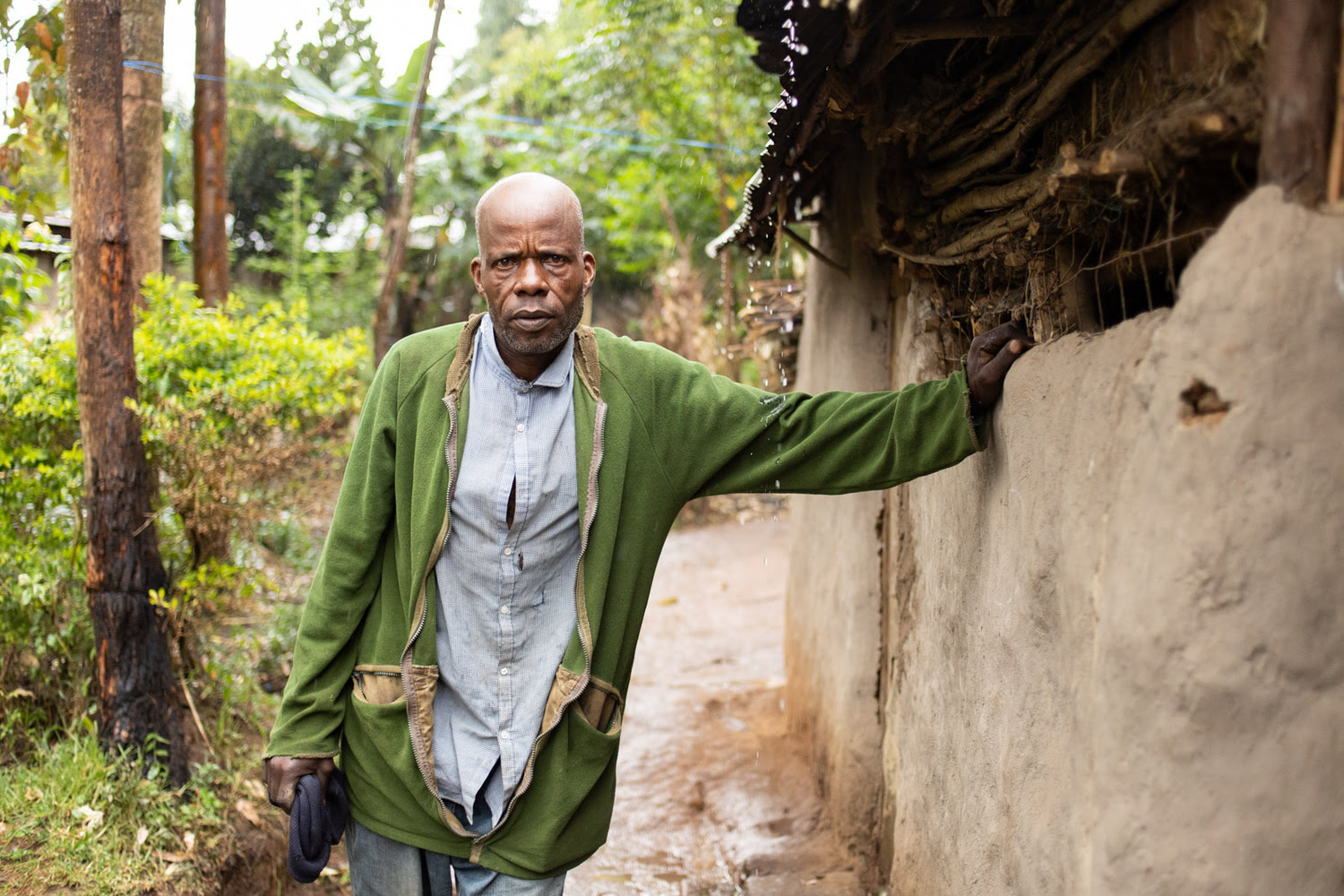
In Kenya, agriculture employs more than 75 percent of the workforce, but in Kitale, the “breadbasket of Kenya,” an even greater percentage of people rely on casual employment from the agricultural sector.
Because of flooding on their small plot of land, Elkana and Rose can no longer plant corn, a staple crop that could feed their family. They’ve started planting eucalyptus to help drain the excess water. Previously, when too much rain would come, even their home would flood.
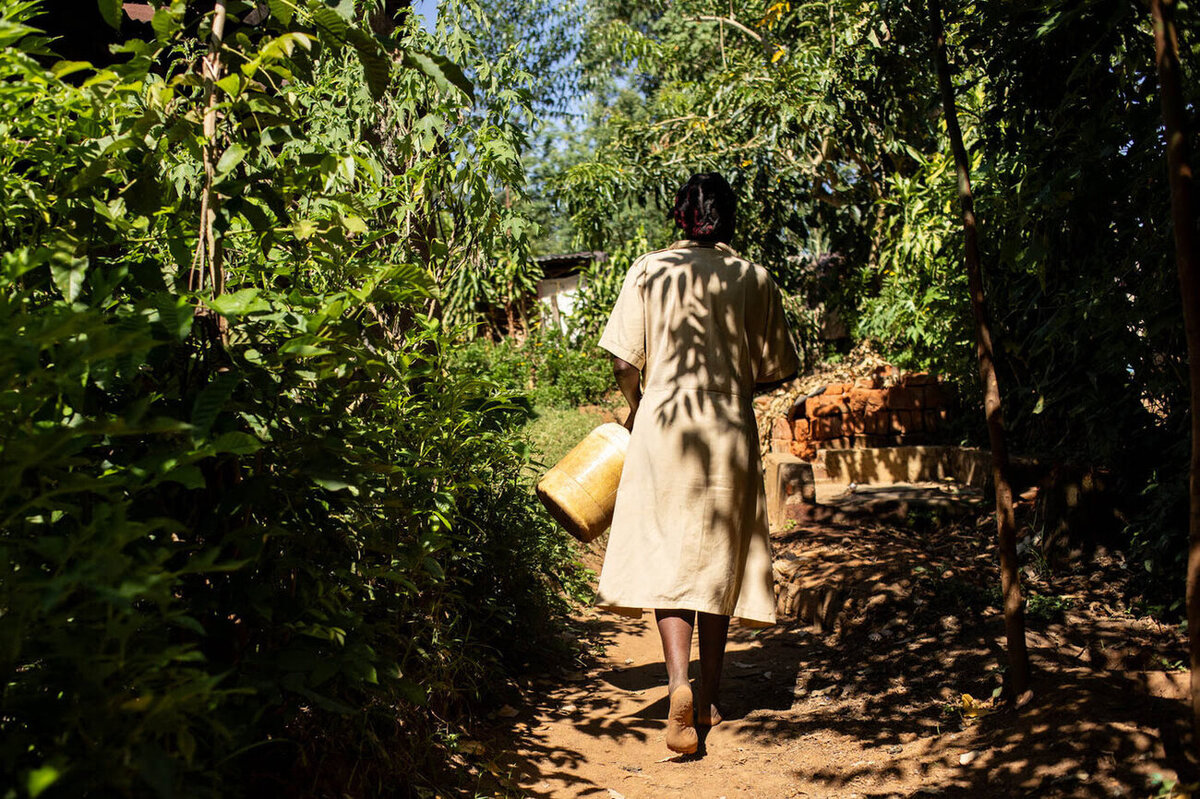
It used to be that December through February was the dry season. Rain would come in March, and farmers would plant corn accordingly. But these days, rain cycles are more and more unpredictable. Because of this, large-scale farmers have lower yields and are cutting employees, driving more people into poverty.
In Kenya, the majority of people in extreme poverty live in rural areas. The number of those living on less than $2.15 USD a day in rural regions is about 10.6 million, while 1.7 million people in extreme poverty live in urban areas.
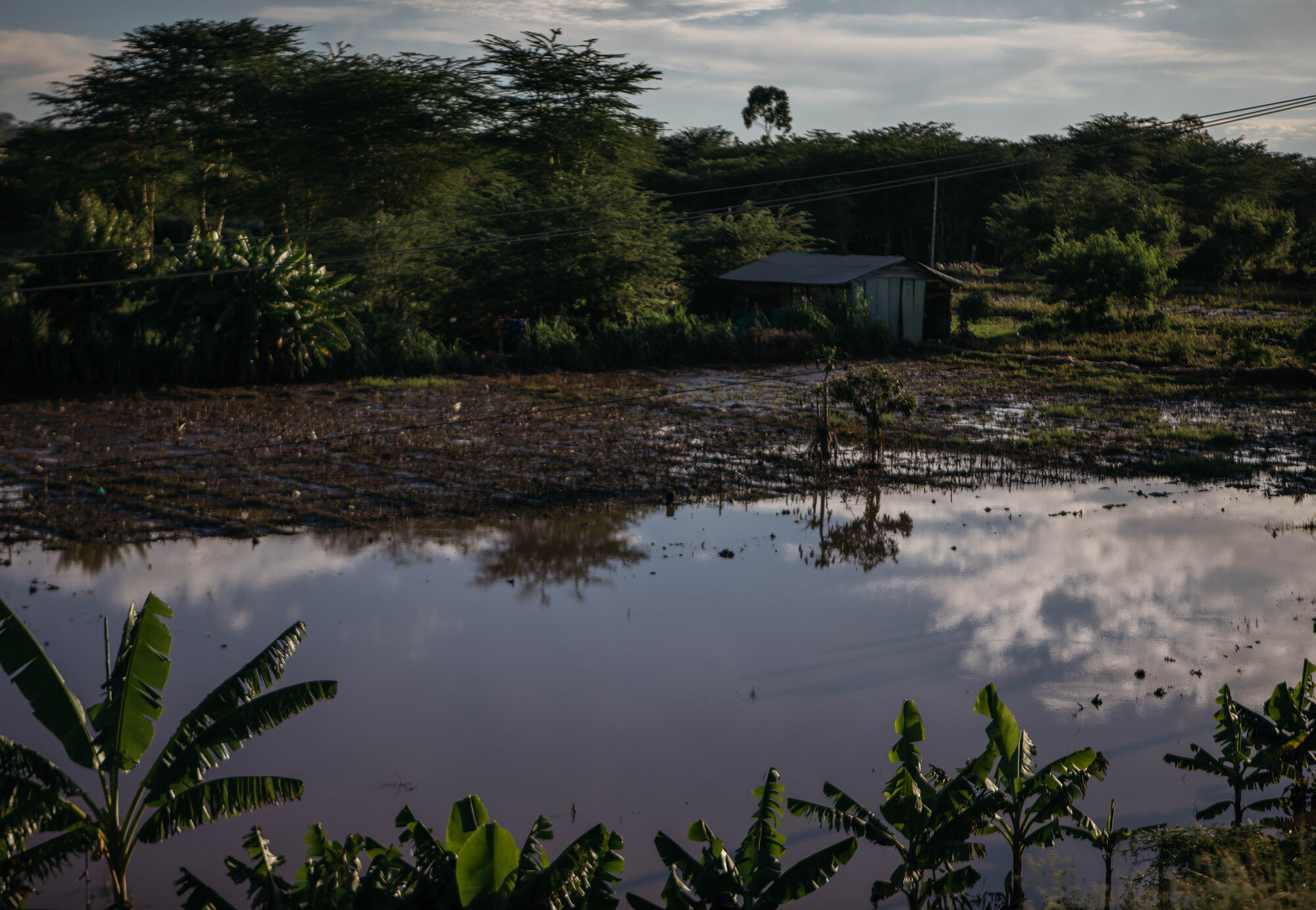
When floods do come, many families’ latrines overflow and sickness can spread through the neighborhood to those who don’t have money to go to the hospital. Locals share that cases of malaria are also increasing because mosquitos thrive in wet climates and those who cannot afford a mosquito net, a necessity in rural Kenya, are placed at further risk.
Pastor Stephen Churu says, “That’s when you find children dying. And that’s common for now and is really happening. Now [people] are asking, ‘Why don’t they find another means of disposing whatever they’re disposing that will not cause global warming?’ That is their great prayer that something can be done about it.”
With less crops being produced in Kitale, the cost of living and the price of food in all of Kenya has increased. Even neighboring countries depend on Kenya’s agricultural yield, making the lack of food an international crisis.



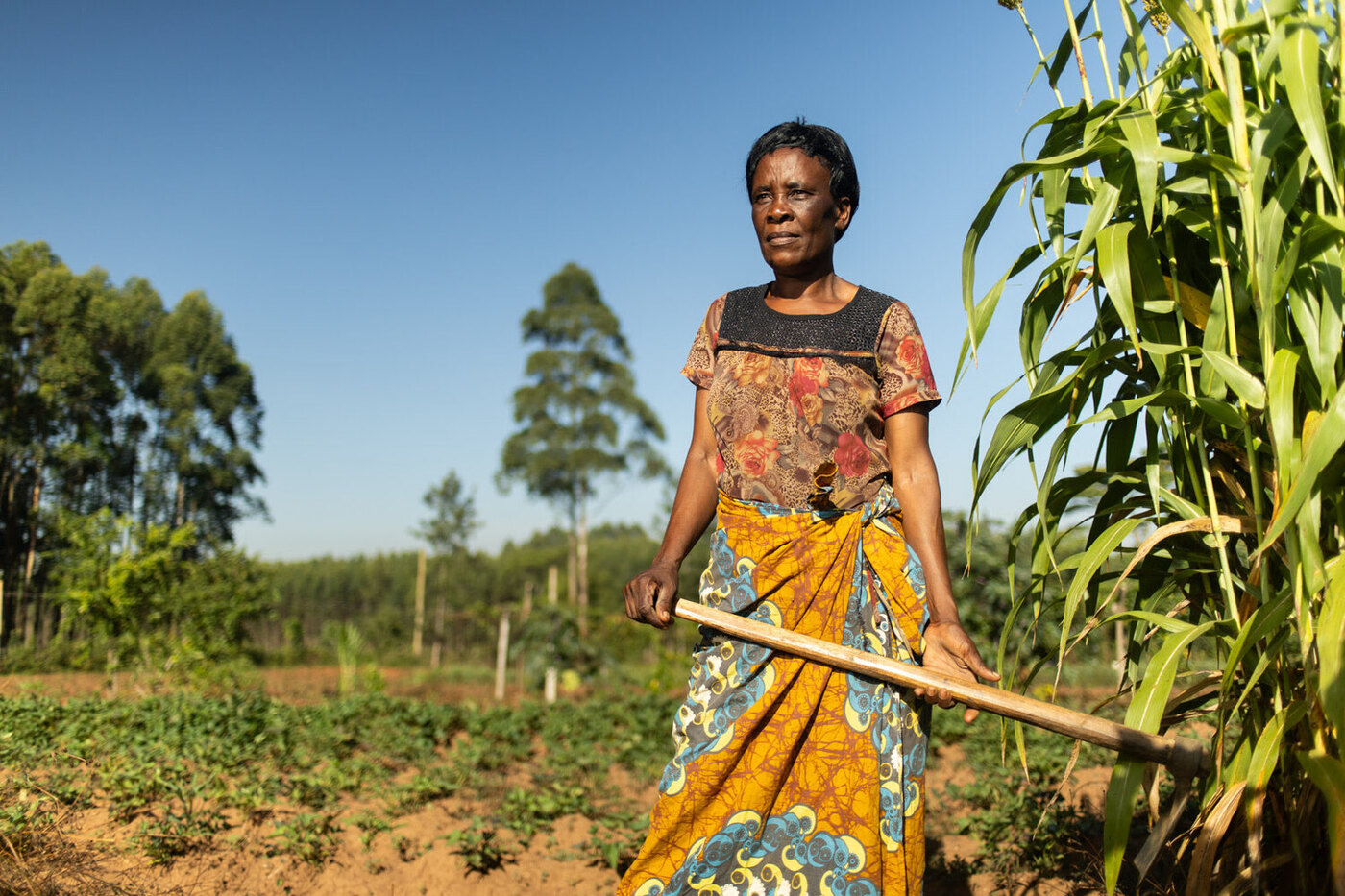
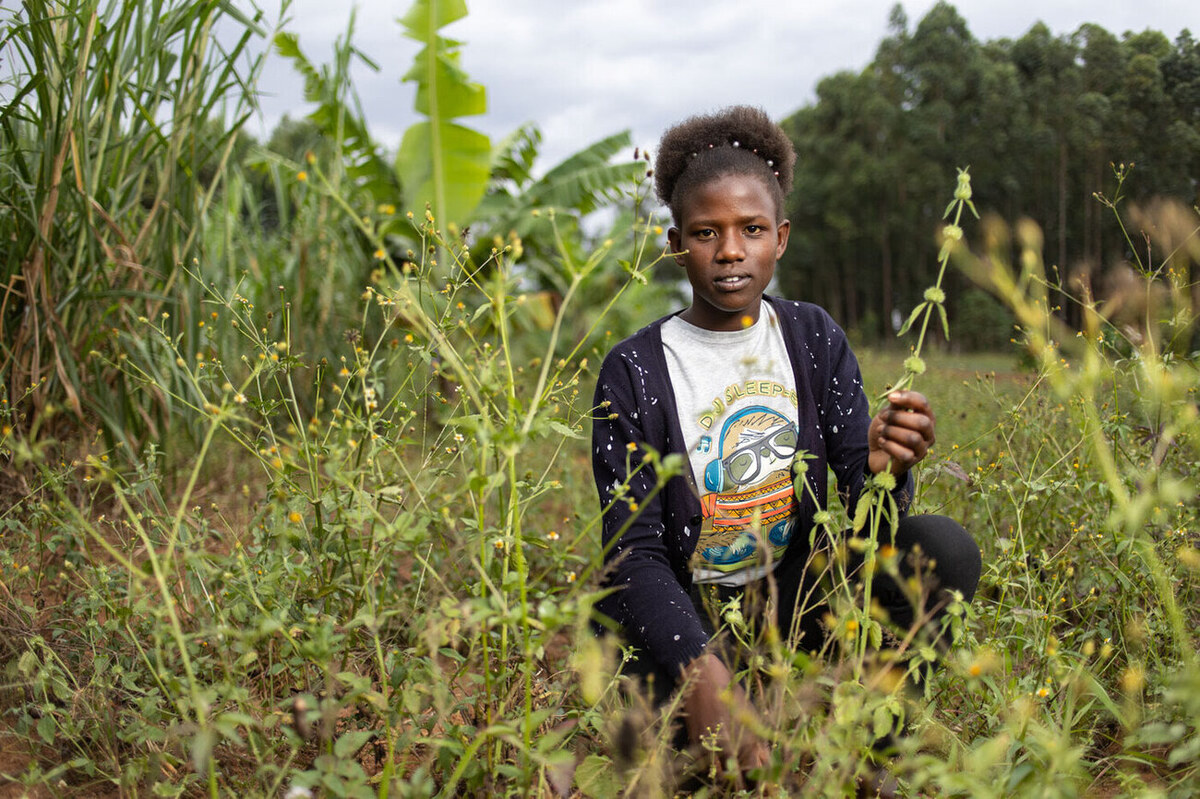
Disobey authoritarians, support The Nation
Over the past year you’ve read Nation writers like Elie Mystal, Kaveh Akbar, John Nichols, Joan Walsh, Bryce Covert, Dave Zirin, Jeet Heer, Michael T. Klare, Katha Pollitt, Amy Littlefield, Gregg Gonsalves, and Sasha Abramsky take on the Trump family’s corruption, set the record straight about Robert F. Kennedy Jr.’s catastrophic Make America Healthy Again movement, survey the fallout and human cost of the DOGE wrecking ball, anticipate the Supreme Court’s dangerous antidemocratic rulings, and amplify successful tactics of resistance on the streets and in Congress.
We publish these stories because when members of our communities are being abducted, household debt is climbing, and AI data centers are causing water and electricity shortages, we have a duty as journalists to do all we can to inform the public.
In 2026, our aim is to do more than ever before—but we need your support to make that happen.
Through December 31, a generous donor will match all donations up to $75,000. That means that your contribution will be doubled, dollar for dollar. If we hit the full match, we’ll be starting 2026 with $150,000 to invest in the stories that impact real people’s lives—the kinds of stories that billionaire-owned, corporate-backed outlets aren’t covering.
With your support, our team will publish major stories that the president and his allies won’t want you to read. We’ll cover the emerging military-tech industrial complex and matters of war, peace, and surveillance, as well as the affordability crisis, hunger, housing, healthcare, the environment, attacks on reproductive rights, and much more. At the same time, we’ll imagine alternatives to Trumpian rule and uplift efforts to create a better world, here and now.
While your gift has twice the impact, I’m asking you to support The Nation with a donation today. You’ll empower the journalists, editors, and fact-checkers best equipped to hold this authoritarian administration to account.
I hope you won’t miss this moment—donate to The Nation today.
Onward,
Katrina vanden Heuvel
Editor and publisher, The Nation
More from The Nation

David Nasaw’s Unsparing Tour of America’s World War II and Its Aftermath David Nasaw’s Unsparing Tour of America’s World War II and Its Aftermath
A gimlet-eyed and honest accounting of the war’s hidden costs that still affect us today.

Trump’s Vile Rob Reiner Comments Show How Much He Has Debased His Office Trump’s Vile Rob Reiner Comments Show How Much He Has Debased His Office
Every day, Trump is saying and doing things that would get most elementary school children suspended.
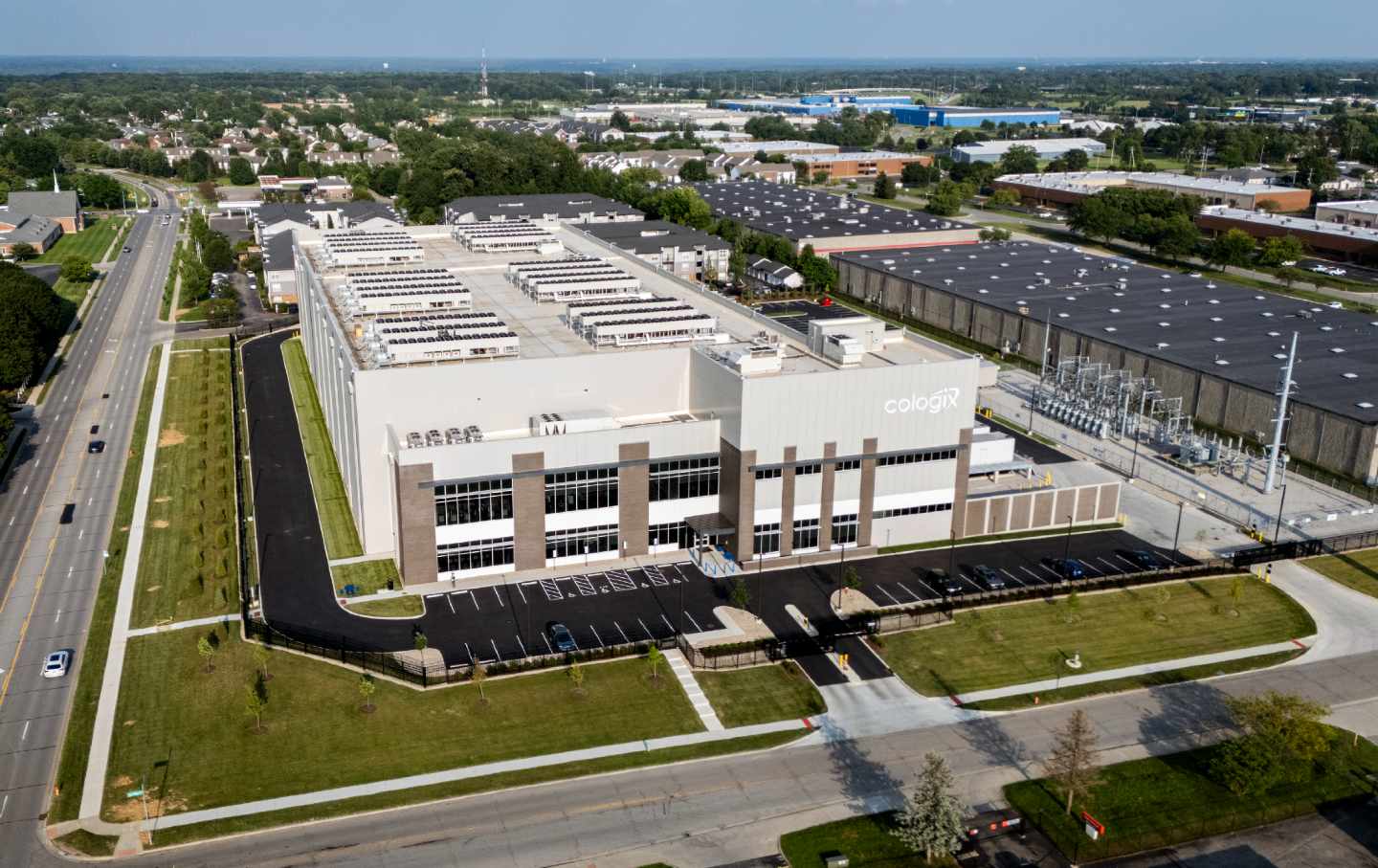
Anger at Corporate Power Is Everywhere Anger at Corporate Power Is Everywhere
It should guide the Democrats.
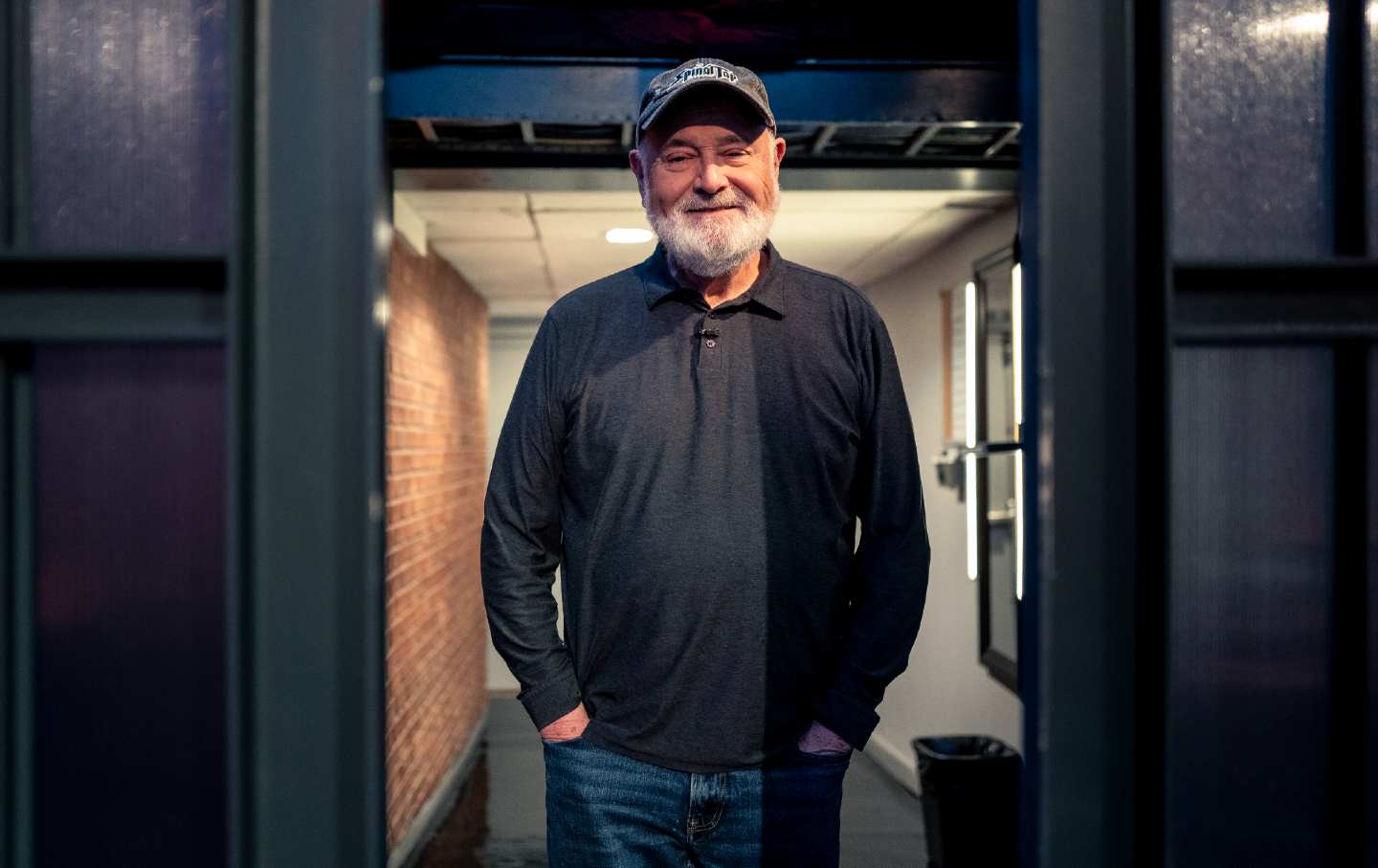
Rob Reiner’s Legacy Can't Be Sullied by Trump’s Shameful Attacks Rob Reiner’s Legacy Can't Be Sullied by Trump’s Shameful Attacks
The late actor and director leaves behind a roster of classic films—and a much safer and juster California.
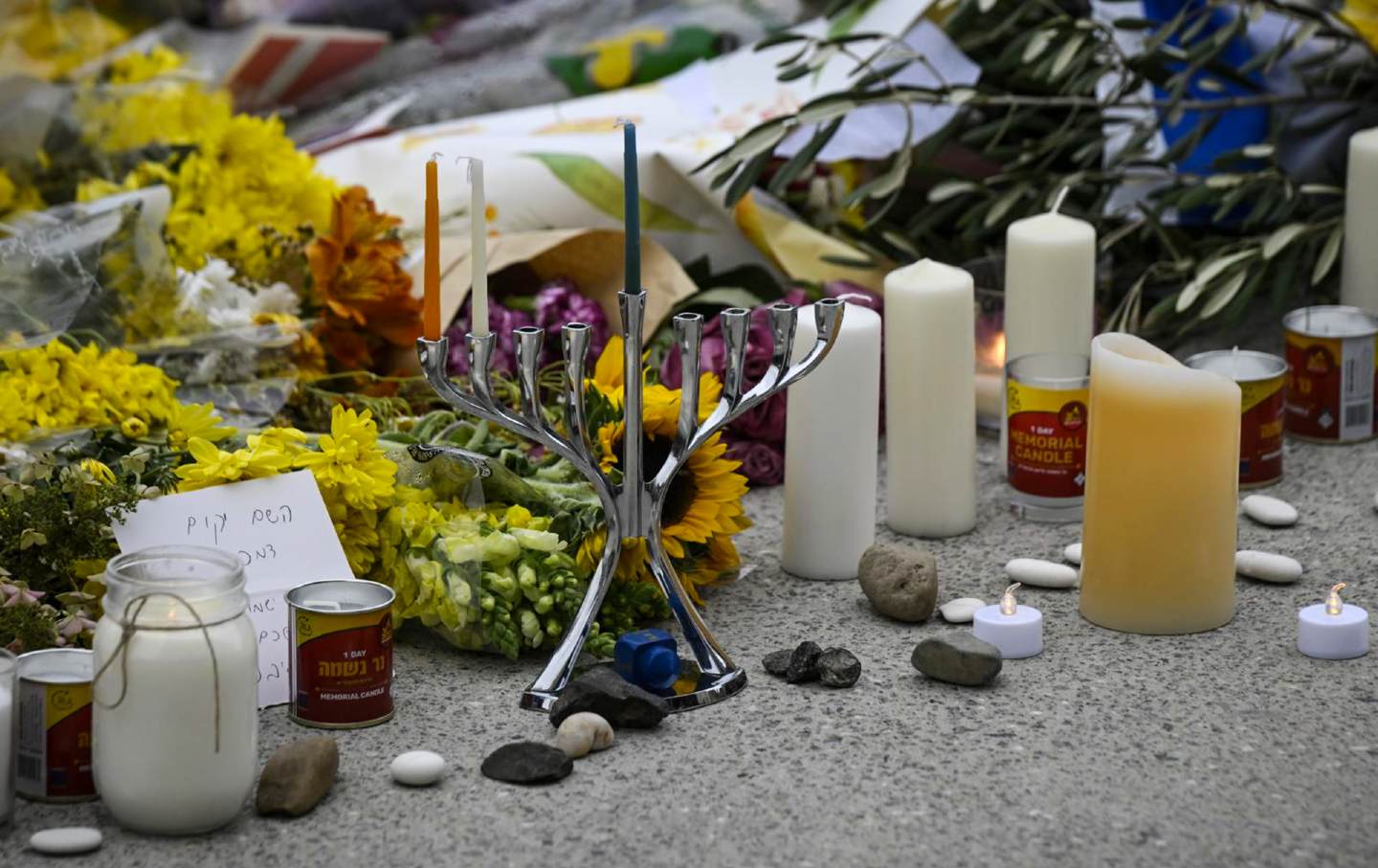
Don’t Listen to the Ghouls Exploiting the Tragedy of Bondi Beach Don’t Listen to the Ghouls Exploiting the Tragedy of Bondi Beach
The dead have one use to these people: They exist to justify Israel’s conquest of Gaza and the Palestinian blood that now will surely be shed. Facts be damned.



